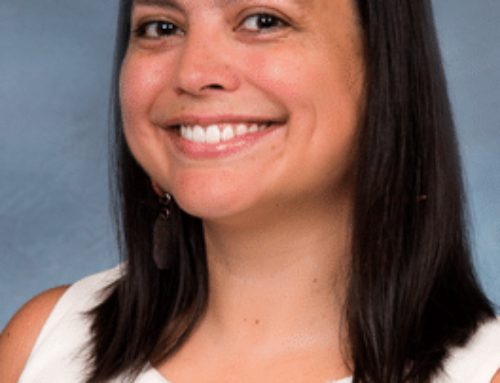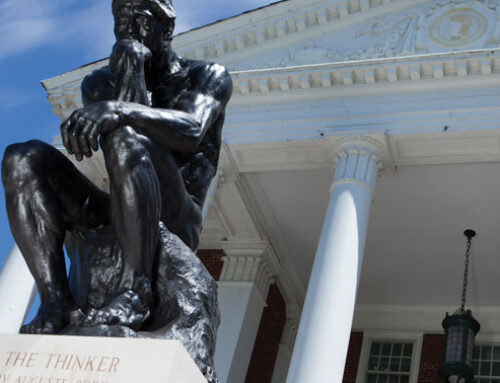By Noah Allison–

Britt Faulkner, graduate of the J.B. Speed School of Engineering, received her masters degree in Bioengineering this past December. Faulkner is the first African American woman in the school’s history, out of 1,500 graduates, to earn a masters in Bioengineering.
During the graduation commencement ceremony that took place over winter break, a little bit of history and progress was made at the school that prides itself on having both. Britt Faulkner, a young woman from Ashland,yKy., walked across the stage and received her master’s degree in bioengineering. Faulkner earned her diploma after attending five-and-a-half years of courses at the J.B. Speed School of Engineering. Her mother had to put her education on hold for her children, and for every African-American who had not yet seen that sort of accomplishment made at U of L by a member of their own race.
Of the 1,500 students who have graduated from U of L with a master’s degree in bioengineering, Faulkner is the first African-American. As important of an accomplishment as it is that Faulkner has made, it was never her motivating factor. Faulkner didn’t set out to prove the equality of men, women, whites or blacks; rather she set out to accomplish what she knew she was capable of and to not disappoint the woman who gave her the ability to do so.
I am from a single parent household and I’m the youngest of three girls, and my sisters and I are all just completely different. I was always engineering inclined, I would like to take things apart but I didn’t know exactly what I wanted to do,” Faulkner said. “My mom had to put her education on hold for my sisters and I, and all three of us are intelligent, so I just didn’t want to disappoint her or let her down.”
According to the official U of L bioengineering page, bioengineering is a relatively new engineering discipline when compared to the long-standing traditions of other fields of engineering. A bioengineer uses traditional engineering skills and tools to analyze and solve problems in biology and medicine. Bioengineers interact with biologists, biochemists, physicians, physiologists and therapists to design and develop instruments, devices, software anp new procedures to solve clinical problems. Faulkner was the valedictorian of her high school and came to U of L on a full ride scholarship.
“I loved math because it came so easily to me, so if you are good at something you don’t ever have to really study or put time into it so you don’t grow to dislike it. And biology was my favorite subject, so bioengineering just kind of made sense,” Faulkner said. “Both of my sisters went to U of L, and my sister Kayla was a freshman here when I was a senior in high school. She was on the basketball team and had contacts with someone in admissions and they put me in contact with a bioengineering student who was a freshman, so I shadowed him spring of my senior year just to see if I liked it.”
After five-and-a-half years of extensive studying at the Speed School, Faulkner is taking some time off to let her brain rest while she fills out applications. Her two older sisters live in Los Angelesd California is one of the largest areas in the country for the bioengineering industry so Faulkner plans to move out West for her career. But the field of bioengineering wasn’t created just so that more people would have jobs, it was created to solve problems and help humanity.
“I just want to work with people that can actually benefit from it,” Faulkner said. “I always thought prosthetics would be interesting to work with because these people actually need them, you’re going to be doing them a major service. I feel like you actually see it on their faces and I can actually have an impact on them.
“U of L is different from other universities because I feel like our students are supporters of the university as a whole,” she continued. “I just feel like we have more of a central bond here, everyone here is really in touch with reality.”
Faulkner attributes her success to the opportunities offered by U of e;LIt’s is a school that understands the importance of giving everybody atchance fot success and happiness, regardless ofmtheir origin or socioeconomic background. If it weren’t for the many scholarships U of L offers and the genuine staff that cares about all of its students, success stories like Faulkner’s may not be possible.
In a generation that is trying to right the wrongs of the past, students at U of L should remember that the goals and dreams of great American heroes like Martin Luther King Jr. were once deemed impossible.
[email protected]
Photo: Tricia Stern/The Louisville Cardinal




